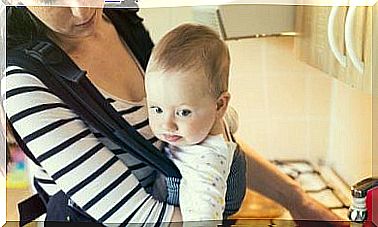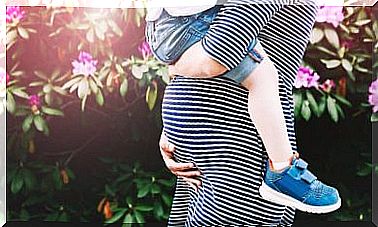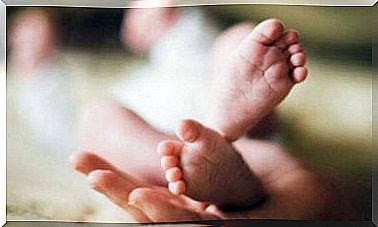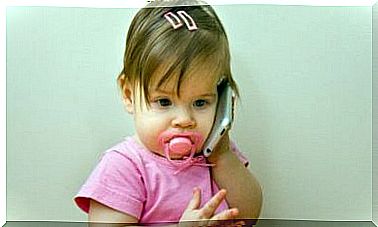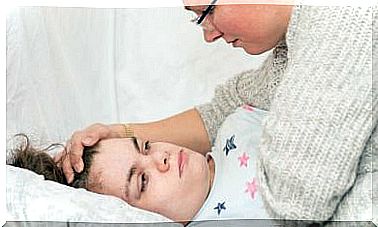What You Need To Bring Your Baby Home From The Hospital
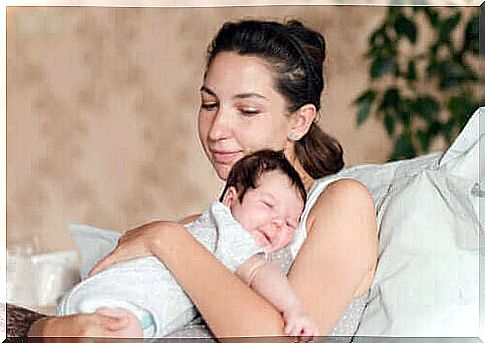
When a woman is pregnant, she often thinks about everything she and the baby need when they are in the hospital. Most women pack their things for the beautiful moment days in advance. But what do you need to take your baby home from the hospital? Just as it is important to know what your baby needs in the hospital, you also need to know what he needs at home.
If a baby is born healthy, they can often go home with their parents on the same day or the day after birth. Some late-preterm babies (born 34 to 36 weeks gestation) may also be healthy enough to go home after 48 hours in the hospital.
Babies born by cesarean section or babies (or their mothers) with health complications may need to stay in the hospital a little longer. Also, babies born before 34 weeks gestation require longer hospital care. If your little one is born prematurely, you may feel too nervous to go home, but your midwife will always give you advice for peace of mind.
What do you need to take your baby home from the hospital?
Many new parents take prenatal classes before the birth of their first baby. These classes help prepare for childbirth and provide information on basic newborn care.

While each class is different, they generally include tips on nutrition, common illnesses, daily care, breastfeeding, and car seat safety. Before your baby is born, you can decide who will provide your baby with regular and ongoing medical care, but before you leave the hospital, there are a few things your child needs to know:
- A bedroom. You should have everything you need to care for your baby, such as a changing table, a crib with a suitable mattress and a video baby monitor.
- A stroller. This should be suitable, comfortable and safe for your baby.
- Clothes for a newborn. You don’t need a lot of clothes as your baby will grow and change size quickly.
- Diapers. Think about whether you want organic, cloth or regular diapers.
- Hygiene products for newborns. You need lotion and shampoo for babies, a brush for their hair and saline for their nose.
- A car seat approved for newborns. You can buy a car seat that changes as they get bigger so that it lasts longer.
- The baby card they give you at the hospital. In this booklet you can see the details of your baby from birth, such as weight, height and any abnormalities.
- pacifiers. If you plan on using pacifiers for your baby, it’s best to have some already!
- Bottle feeding and everything else for the feedings. If you don’t plan to breastfeed your baby, you’ll need things like bottles (best if they’re anti-colic bottles), bottle sterilizer, and bottle cleaner.
What should you keep in mind when taking your baby home?
It is normal to feel nervous when you first bring your baby home. Therefore, try to keep this moment only for yourself and your family so that you can adapt to all the changes. And remember the following:
- Newborn babies can get sick easily. Try to keep your little one away from anyone with a cold or flu symptoms, especially in the winter months.
- Wash your hands often to protect your baby. Ask others to do the same.
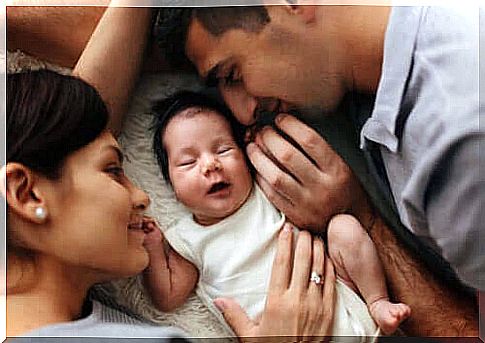
When should you bring your baby for the first consultation?
A healthcare provider should check your baby within 72 hours of leaving the hospital or if you think your baby is not feeling well.
If your baby was born prematurely, work with your healthcare team to develop a follow-up care plan before your little one leaves the hospital. They will also make sure you recognize the early signs or symptoms of a problem.
At the first visit, the doctor will:
- Weigh your baby, and measure the length and circumference of their head.
- Check for signs of jaundice.
- Check the type of food.
- Take a physical health exam.
- Ask how you all adjust.
This can be done by the district nurse, the pediatrician or the assistant at the child health clinic.
With all this in mind, you can prepare so that you don’t miss a thing when you bring your baby home from the hospital. This transition can be quite scary, but it’s easier than you might think! It’s about everything being okay.




